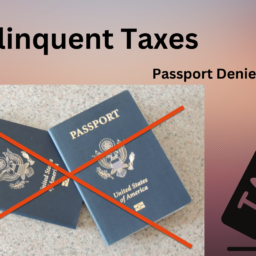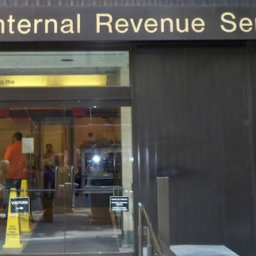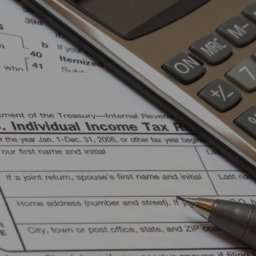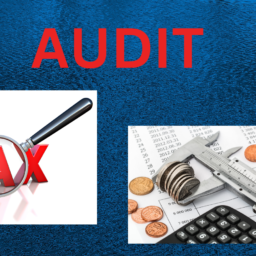
What to do now if You’re Summoned by the IRS
If you’re a NJ taxpayer who has been issued an IRS summons, then you must act now. The IRS uses its summons power as a formidable tool to gather information during a civil or criminal investigation. Under IRC 7602, the IRS can serve a summons to the taxpayer or a 3rd party to gather documents or testimony. The IRS commonly uses its summons power in the following scenarios:
- A NJ criminal tax investigation
- When the IRS believes a NJ taxpayer may be responsible for unpaid payroll taxes
- An IRS tax audit of an NJ individual or New Jersey business
When a recipient fails to comply with a summons, the IRS can initiate enforcement action under IRC §7604 in a U.S. District Court.
Recent Case: IRS Summons Enforcement
United States of America v. Joji Mae Y Deang which was decided on September 11th, 2023, illustrates the Court’s authority in enforcing IRS summons compliance in a back tax, collection matter. Although this case was adjudicated in the US District Court, Northern District of California, San Jose Division, taxpayers in New Jersey should remain attentive.
In this case, Joji Mae Y Deang failed to comply with an IRS summons enforced by the Court. The IRS summons aimed to obtain testimony and records concerning her tax liability. Despite producing some documents, Ms. Deang did not fully comply with the summons.
After numerous attempts by the IRS to secure her cooperation, the IRS filed a motion for civil contempt. The Court found Ms. Deang in contempt for her failure to testify as directed by the IRS summons. However, she was not held in contempt for her failure to produce certain records due to the unclear scope of the summons.
The Court ordered Ms. Deang to purge the contempt by testifying before an IRS Revenue Officer by October 10, 2023. The Court further held that the failure to comply could result in a daily fine of $250 for up to 21 days. The Court warned that if the non-compliance continues, a bench warrant for her arrest may be issued, with confinement until testimony is provided or five days have passed.
Challenging an IRS Summons: The Legal Standard
New Jersey taxpayers challenging the legitimacy of an IRS summons should be aware that the legal standard remains uniform, whether contesting the summons through a motion to quash or responding to the United States’ petition for enforcement. The Supreme Court’s ruling in United States v. Powell delineated four prerequisites that the IRS must meet for the enforcement to be upheld:
- Legitimate investigative purpose
- Relevance of information sought
- IRS not already possessing the information
- Completion of required administrative steps
The IRS initially bears the burden of proving these requirements have been satisfied. The burden then shifts to the taxpayer to demonstrate non-compliance with the above criteria or that enforcement of the summons would be an abuse of process by the IRS, which requires evidence of bad faith.
Challenging the IRS: Pointing to Bad Faith
To challenge an IRS summons based on bad faith, taxpayers must present specific facts or circumstances that raise a plausible inference of bad faith. Naked allegations won’t quash the summons, but circumstantial evidence can support the claim.
Protecting Privileges: A Limited Scope
NJ taxpayers may also allege constitutional, statutory, or common-law privileges, such as:
- Fifth Amendment privilege against self-incrimination
- Attorney-client privilege
- Tax practitioner privilege
- Work product privilege
These privileges have limitations that must be carefully considered in summons enforcement cases. Specifically:
- The attorney-client privilege safeguards “tax advice” but not tax return preparation materials.
- The “tax shelter” exception narrows the scope of the tax practitioner privilege, allowing for the disclosure of communications between a practitioner and a client that promote involvement in any tax shelter.
Contact the Law Offices of Todd S. Unger
IRS summons enforcement is a complex legal process that demands meticulous attention to detail and a deep understanding of tax law. In cases involving summons enforcement, having the Law Offices of Todd S. Unger by your side can make all the difference. Todd Unger is a tax attorney who focuses solely on tax controversy. His expertise can help you navigate the intricacies of IRS summonses and protect your rights while ensuring compliance with the law. If you find yourself facing an IRS summons, seeking legal counsel is a wise decision that can safeguard your interests and financial well-being. Call the Law Offices of Todd S. Unger, Esq. LLC today at (877) 544-4743.










